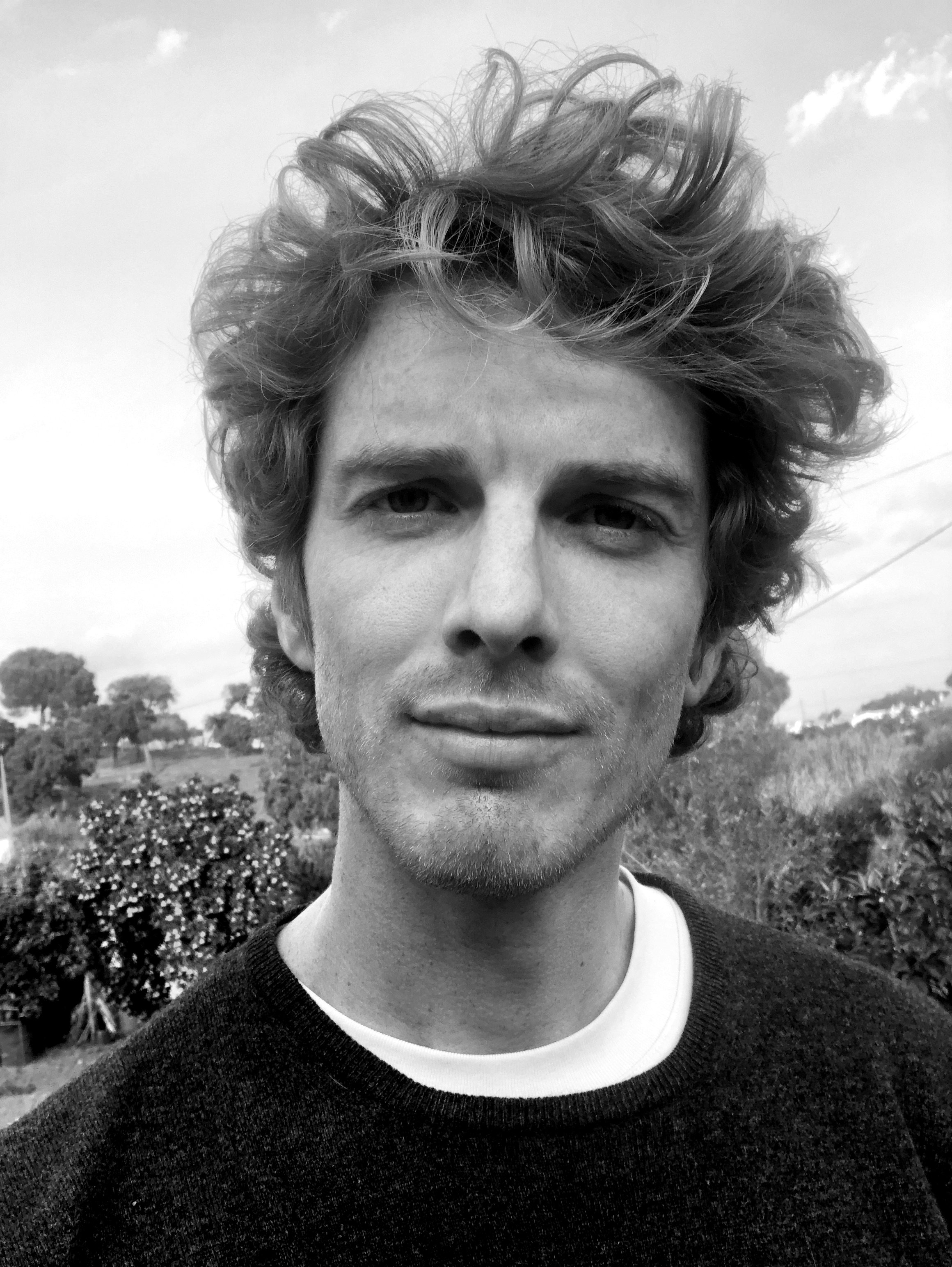COMPOSITE LANDSCAPES lI /
COMPOSITE LANDSCAPES lI /
“AUSTRALIAN” ARTISTS’ FILM AND MOVING-IMAGE
In Camera Natura, Scottish painter and convict settler Thomas Watling describes his efforts to make the Australian wilderness conform to the pictorial conventions of the British landscape tradition. Forgoing topographic fidelity for the aesthetic idealism of the Picturesque, Watling is compelled to compose a fictional whole from discrete parts to translate what he sees into a subject worthy of his medium and legible to a foreign audience.
Fast forward 300 years to the 1970s, and Australia is attempting a rebrand as it navigates its economic, political and cultural reorientation to neoliberalism. Cinema is enlisted in this endeavour and the Australian New Wave (ANW) movement is born. Within its filmography, the Australian landscape is embraced as a quintessential antagonist, narrative backdrop, and object of collective identification for the settler colony undergoing its adolescence. From cartography to painting to photography and film, this ongoing history of settler representations and attempted enclosure of the land (as well as its speculative futures and extraterrestrial frontiers) is the subject of this program. ANW classics and the broader canon of Ozploitation film and television become cannon fodder for a break down of 21st-century Australian politics. All the featured artists manipulate the reflexive space-time of their medium to craft cinematic encounters, counter-narratives and audiovisual correctives that brush this celluloid history against the grain.
Settler nationalism is rendered as science-fiction. From the suburban uncanny of lutruwita/Tasmania to the alleged luxury of privatised space travel to the inevitable dystopia of toxic wastelands, the landscapes of this program are at once fantastical, devastating and grounded in material realities. Through storytelling and song, that which has been framed out of national narratives is foregrounded; be it the fictional inversion of blood quantum assimilation strategies or the binned public entries to the Australia National Anthem Quest. By salvaging, sampling, collaging, remixing, ripping off and reimagining, the artists in this program present tactics to deconstruct Australia’s projected (moving) image of itself. Working with and against its selective framing while inverting that which it has appropriated, they reveal another, “un-Australian” reality; at once closer and further from the truth of nationalist representations. Just because you can’t see it…
Sam Mountford, curator
Terror Nullius
Soda Jerk, Australia, 2018, digital format, colour, 55', english/slovenian subtitles
Part political satire, eco-horror and road movie, Terror Nullius is a political revenge fable constructed entirely from samples pirated from the Australian cinema cannon. The apocalyptic desert camps of Mad Max 2 become the site of refugee detention, flesh-eating sheep are recast as anti-colonial insurgents and the women of Australian cinema go vigilante on Mel Gibson. Working within and against the official archive, Soda Jerk’s narrative collage film offers an incendiary un-writing of Australian national mythologies.
The screening will be introduced by curator Sam Mountford.
ABOUT THE CURATOR:
Sam Mountford is an Australian artist-filmmaker living in Portugal. He completed his BFA at the School for Creative Arts and Media, University of Tasmania, was a 2019 participant of the Maumaus Independent Study Programme in Lisbon, and is currently completing an MA with the Dutch Art Institute-Roaming Academy. Sam’s work has been exhibited and screened in Europe, Australia, UK and USA, in festival programs and institutions such as Het Nieuwe Instituut, Contemporary Art Tasmania, Bienal Fotografia do Porto, Dark Mofo, ISFF Oberhausen, Reykjavík IFF and Riga ISFF 2ANNAS. He was the 2023 recipient of the prestigious Anne & Gordon Samstag International Visual Arts Scholarship and the 2018 winner of the Tasmanian Portrait Prize.
ABOUT THE AUTHORS:
Soda Jerk is an Australian artist duo who make sample-based films with a rogue documentary impulse. They are fundamentally interested in the politics of images; how they circulate, whom they benefit and how they can be undone. Based in New York for over a decade, they have recently relocated to Europe.



